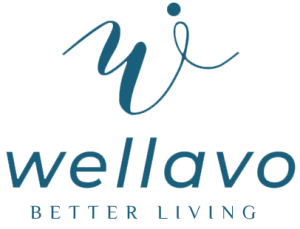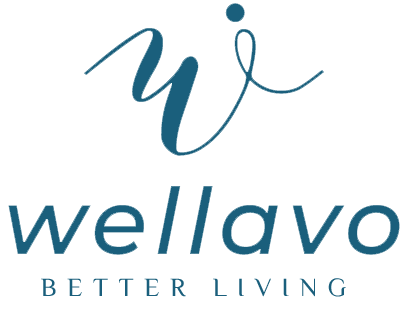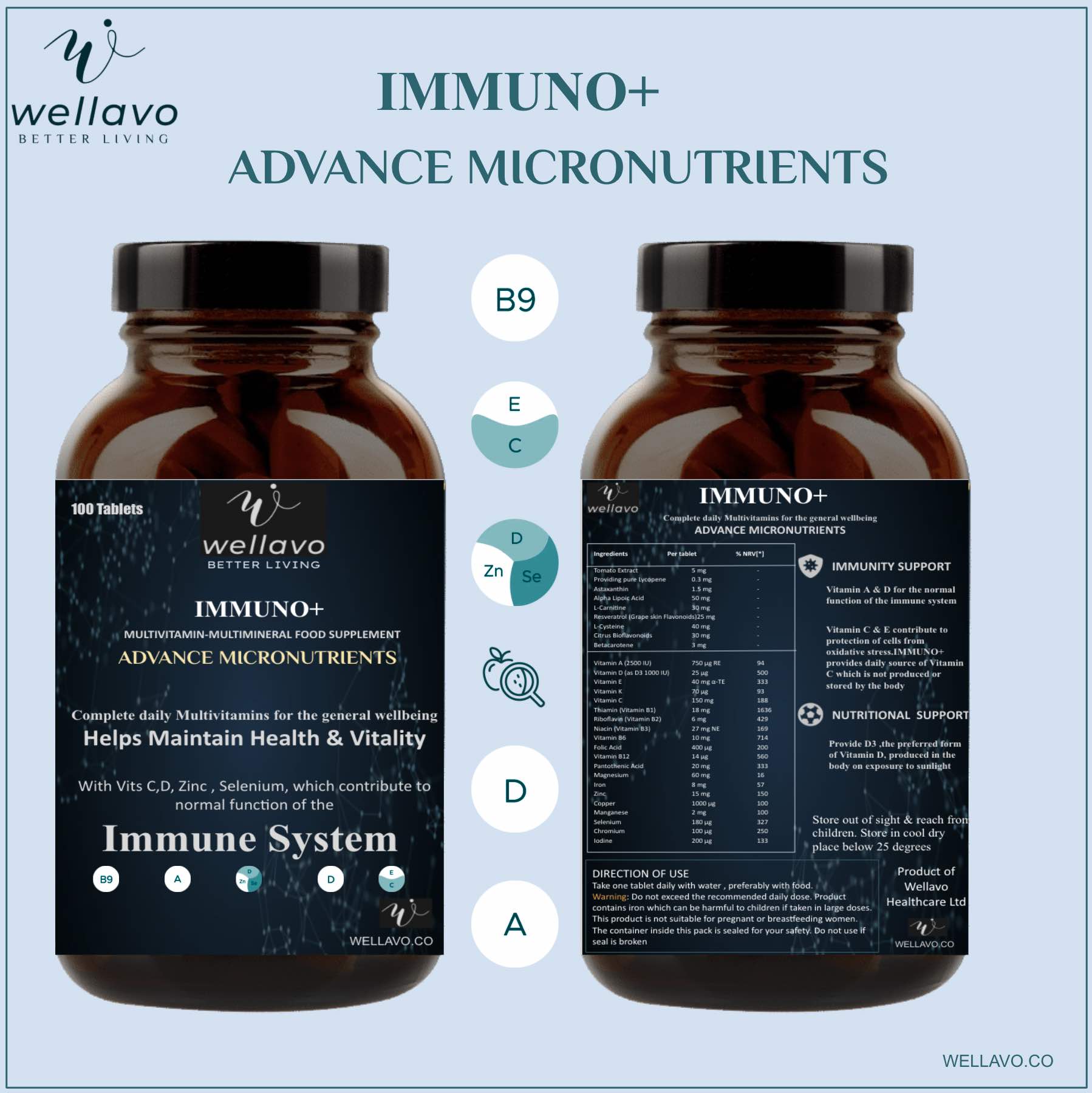Hair care is more diverse than just using shampoo and conditioner. You should use different hair care products depending on your requirements. One of the hair care products that can be extremely beneficial for you are essential oils. Today, we will discuss essential oils for hair, their benefits, and how to nourish your hair with essential oils.
Here is your guide to natural solutions: essential oils for improving hair texture and shine!

Understanding Essential Oils
Essential oils are concentrated plant extracts that are widely used in hair care for their potential benefits. They are generally used directly or mixed with different ingredients to apply to the hair. Depending on the oil, their benefits can vary from hair fall control to nourishing the scalp. Here’s the proper usage of essential oils for hair care:
-
Dilution:
Essential oils are highly concentrated and should be diluted with a carrier oil, such as coconut, almond, or jojoba oil, before applying to the hair or scalp.
-
Patch Test:
Perform a patch test before using any essential oil to check for potential allergic reactions or sensitivities.
-
Application Methods:
Essential oils can be applied to the scalp, massaged gently, or added to hair care products like shampoos, conditioners, or DIY hair masks.
-
Safety Precautions:
It’s important to follow the recommended guidelines and avoid excessive use of essential oils to prevent skin irritation or sensitisation.
Let’s now take a look at different essential oils for promoting scalp health and reducing dandruff.

Types Of Essential Oils
There are various types of essential oils for hair that you can use. Here are some of the best essential oils for hair care:
-
Lavender Oil:
Known for its soothing scent, lavender oil has potential benefits for hair growth, reducing hair loss, and promoting a healthy scalp. It may also help improve the overall condition and shine of the hair.
-
Peppermint Oil:
Peppermint oil provides a cooling sensation and is often used to stimulate hair growth. It may increase blood circulation to the scalp, which can potentially promote hair follicle activity.
-
Rosemary Oil:
Rosemary oil is believed to improve scalp circulation, which can support hair growth and strengthen hair follicles. It is often used to enhance hair thickness and overall hair health.
-
Tea Tree Oil:
Tea tree oil is known for its antimicrobial and antifungal properties, making it useful for addressing scalp conditions like dandruff and scalp irritation. It can also help maintain a clean and healthy scalp.
-
Cedarwood Oil:
Cedarwood oil is often used to promote hair growth by stimulating the hair follicles. It may also help balance oil production on the scalp, making it beneficial for both dry and oily hair types.
Next, let’s take a look at some of the benefits of essential oils for hair.
Benefits Of Adding Essential Oils
Here’s how you can nourish your hair with essential oils, by availing these benefits of essential oils for hair:
-
Promotes Hair Growth:
Certain essential oils, such as rosemary, peppermint, and cedarwood, are believed to stimulate hair follicles, potentially promoting hair growth and reducing hair loss.
-
Nourishes and Conditions Hair:
Many essential oils have moisturizing properties that can nourish and hydrate the hair strands, making them softer, smoother, and more manageable. Oils like lavender, jojoba, and ylang-ylang can help improve the overall texture and appearance of the hair.
-
Enhances Scalp Health:
Essential oils like tea tree, lavender, and chamomile possess antimicrobial and soothing properties that can help maintain a healthy scalp. They may address scalp conditions such as dandruff, itchiness, or inflammation.
-
Adds Shine and Luster:
Some essential oils, such as ylang-ylang and clary sage, can enhance the natural shine and lustre of the hair, making it look healthier and more vibrant.
-
Reduces Frizz and Flyaways:
Essential oils can help tame frizzy hair and minimize flyaways. Oils like jojoba, lavender, and argan oil can help smooth hair cuticles, resulting in reduced frizz and improved manageability.
-
Enhances the Hair Care Experience:
Adding essential oils to your hair care routine can elevate the overall experience, making it more enjoyable and luxurious. The pleasant scents of essential oils can provide a refreshing or calming aroma, enhancing your self-care routine.
These are some of the benefits of essential oils for hair that make them a must-have in your hair care routine!

Incorporating Essential Oils Into Your Hair Routine
Now that we know about the different types and benefits of essential oils for hair, let’s take a look at this step-by-step guide to use essential oils in your hair care routine.
-
Choose the Right Essential Oils:
Select essential oils that target your specific hair concerns. For example, if you want to promote hair growth, consider using rosemary or peppermint oil. If you have a dry scalp, lavender or tea tree oil can be beneficial. Experiment with different oils to find what works best for your hair type and goals.
-
Scalp Massage:
One effective way to incorporate essential oils is through scalp massages. After diluting your chosen essential oil with carrier oil, gently massage the mixture into your scalp using your fingertips. This helps to stimulate blood circulation, promote relaxation, and ensure even distribution of the oils.
For instance, you can try Coco Soul Ayurvedic Hair Oil – Long, Strong & Black. This hair oil is enriched with Virgin Coconut Hair Oil, which acts as the carrier oil for the essential oil. It is also enriched with 30 herbs including Bhringraj, black seeds, methi, sesame oil, etc., to provide complete natural nourishment to your hair.
-
Add to Hair Products:
Another way to use essential oils is by adding them to your existing hair products. For example, you can add a few drops of essential oil to your shampoo or conditioner, or mix them into your hair masks or leave-in treatments. This allows you to enjoy the benefits of essential oils throughout your hair care routine.
-
DIY Hair Masks:
Create your nourishing hair masks by combining essential oils with natural ingredients like yoghurt, honey, avocado, or aloe vera gel. These masks can provide deep conditioning, hydration, and other targeted benefits for your hair.
These are some of the easiest ways to incorporate essential hair oil into your hair care routine!
Conclusion
We hope you now know everything about essential hair oils and can use them in your hair care routine easily!
FAQs
-
Can essential oils be directly applied to the scalp and hair, or do they need to be diluted?
Essential oils generally need to be diluted as they are highly concentrated and can cause irritation to the scalp if applied directly. You can dilute the essential oils using carrier oils such as coconut or jojoba oil and then apply them to your scalp.
-
Are essential oils suitable for all hair types?
Essential oils are beneficial for different hair types but you should consider individual sensitivities. Different essential oils have different properties and are suitable for specific hair types. Depending on your hair type, you should apply the essential oil.
-
Can essential oils cause any side effects or allergic reactions?
Essential oils are generally safe to use, but they can cause allergic reactions when applied in higher concentrations. It is advisable to do a patch test before trying out a new type of essential hair oil.





